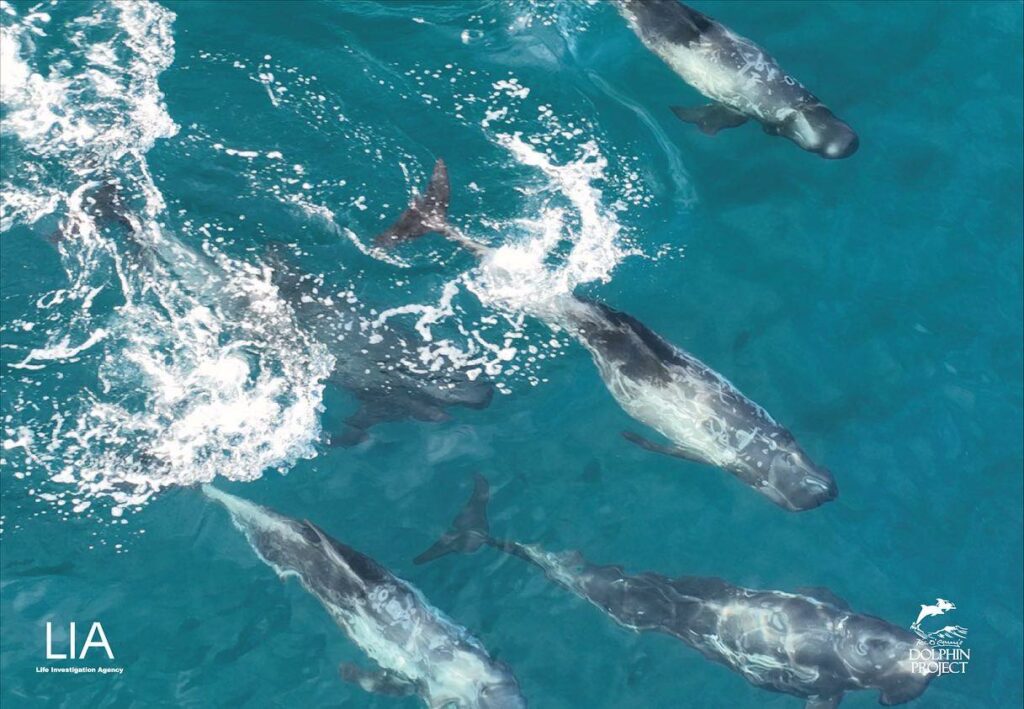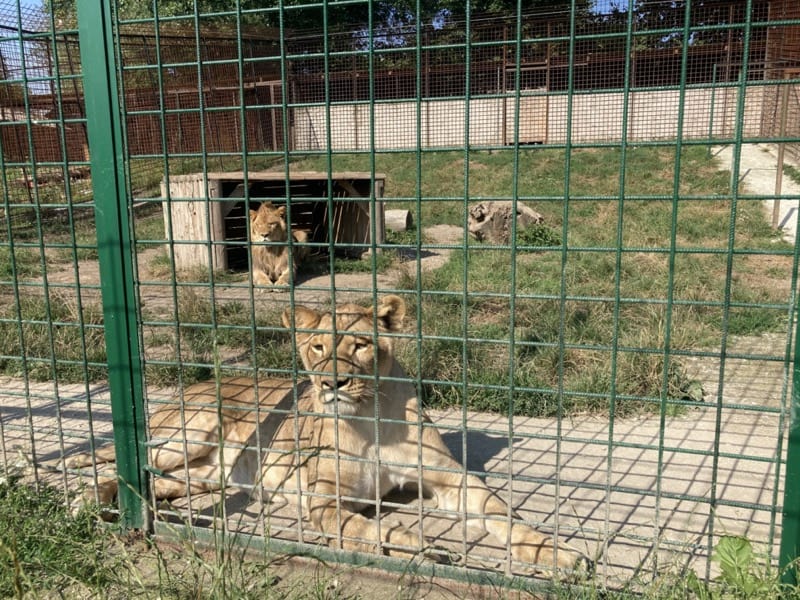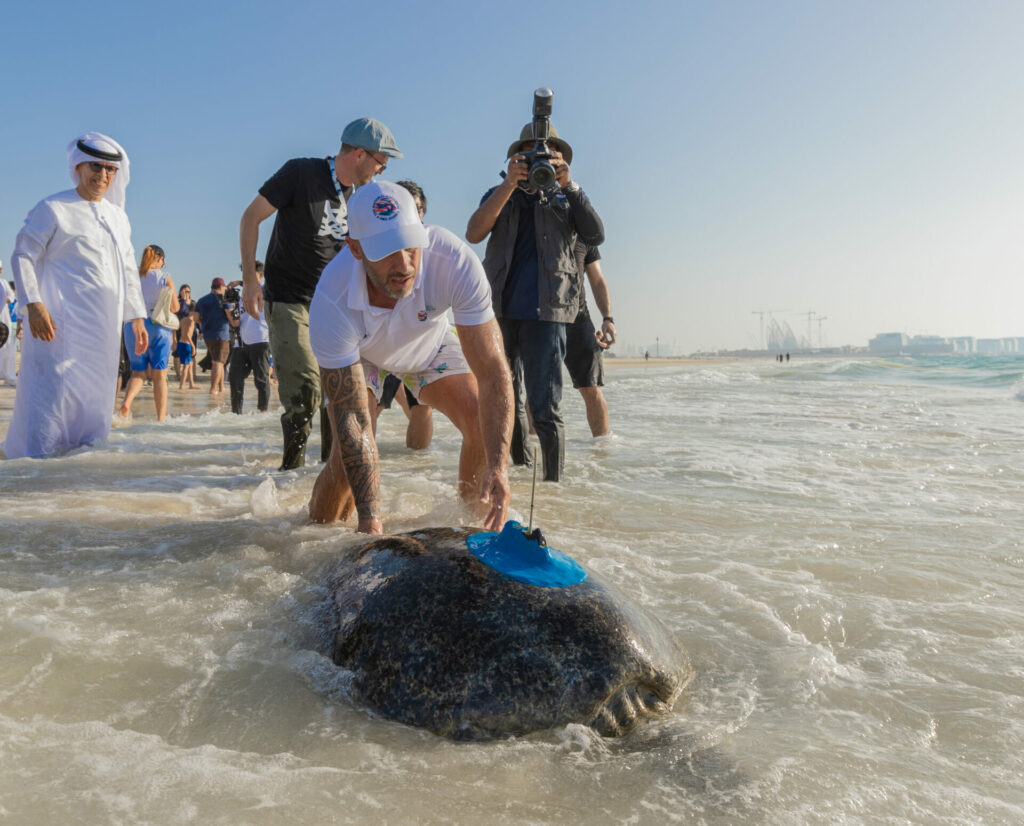Predicted intense heat at the upcoming Paris Olympics could lead to competitors collapsing, and the summer Olympic Games could even soon be a thing of the past – with global warming to blame.
That’s the conclusion from a group of Olympians, climate scientists and heat physiologists from the UK’s University of Portsmouth who have been assessing the threat warming temperatures could pose for athletes.
In their report, they warned that intense heat at the Paris Olympics and Paralympics in July and August could lead to athletes experiencing severe heat stroke with possible fatal consequences.
‘With global temperatures continuing to rise, climate change should increasingly be viewed as an existential threat to sport,’ said Lord Sebastian Coe, President of World Athletics and four-time Olympic medallist for Britain as a runner.

‘For athletes, from smaller performance-impacting issues like sleep disruption and last-minute changes to event timings, to exacerbated health impacts and heat-related stress and injury, the consequences can be varied and wide-ranging.’
Supporting Stars
The report produced by the British Association for Sustainable Sport and progressive athletics body FrontRunners outlined five recommendations to better support and protect athletes from extreme heat.
Alongside scheduling to avoid heat extremes, they stated authorities need to introduce better rehydration and cooling plans for athletes, sportsmen and women should be empowered to speak out on climate change, collaboration between sporting bodies and athletes on climate awareness campaigns should take place, and fossil fuel sponsorship in sport reassessed.
‘Without concerted efforts to reduce carbon emissions there’s no doubt that the Earth’s temperatures are on a trajectory that will make it nearly impossible, if not completely impossible, to host summer Olympics.’
Kaitlyn Trudeau, senior research associate at environmental analysis group Climate Central, said: ‘Without concerted efforts to reduce carbon emissions there’s no doubt that the Earth’s temperatures are on a trajectory that will make it nearly impossible, if not completely impossible, to host summer Olympics.’
Trudeau added that extreme heat combined with humidity means the body struggles to cool down, which can lead to heat-stress on bodies, dizziness, exhaustion and heat stroke.

Samuel Mattis, a discus thrower on the US track and field team, said hot conditions disrupted the country’s trials in 2021, which eventually had to take place in the evening even though it was still around 30°C.
‘I think in a lot of places, in the US and around the world, summertime competitions unless they’re held in the middle of the night are going to become essentially impossible,’ he said.
Jamie Farndale, a Team GB (Great Britain) rugby sevens player, said that extreme heat ‘takes a lot away from you’ as you play.
He said: ‘I found myself in these conditions where you’re literally trying to get through the next phase of play, your hands are sweaty, you (can only) concentrate on catching the ball so I think it makes a worse game. It’s also dangerous.’
Time Line
The climate researchers looked at how temperatures have changed since the Olympics were last hosted in Paris a century ago in 1924, with analysis suggesting an average 3.1°C warming for those weeks in July and August.
They found a heightened risk of extreme heat at the Paris Games this year, citing the deadly heatwave in France in 2003 – which killed more than 14,000 people – and subsequent years of record-breaking temperatures, exceeding 42°C.

The research comes after the Tokyo Olympics in 2020 became known as the ‘hottest in history’, with temperatures exceeding 34°C and humidity reaching nearly 70 per cent.
Speaking about those Games, Marcus Daniell, a New Zealand tennis player and Olympic bronze medallist, said: ‘I felt like the heat was bordering on true risk – the type of risk that could potentially be fatal.’
Pragnya Mohan, the highest-ranking triathlete in Indian history, said she can no longer train in her home country because of the heat.
She added that sponsors want ‘more visibility’ so events tend to be held in the afternoons for maximum public turnout, meaning she has competed in ‘extremely dangerous’ conditions with 40°C-plus temperatures and humidity was 80 per cent-plus.









